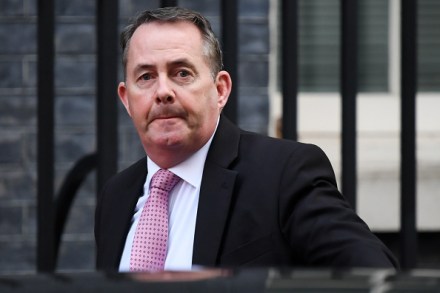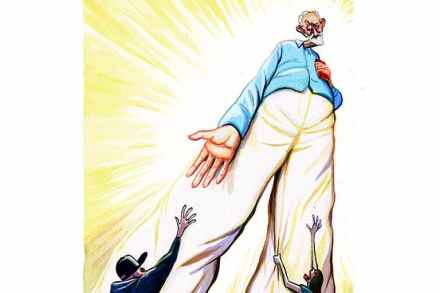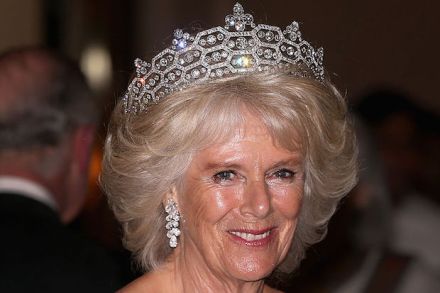Italy shows that left-wing populism doesn’t work
To judge from what is going on in Italy, the only major European country where populists are in power, right-wing populism works but left-wing populism does not. The senior partner in Italy’s populist coalition government – the alt-left Five Star Movement – is haemorrhaging support, while the popularity of the junior partner – the radical-right League – soars ever higher. In regional elections in Sardinia last Sunday, Five Star got just 11 per cent of the vote compared to the 42 per cent it got on the island at Italy’s general election in March 2018. The League’s candidate, by contrast, at the head of a right-wing coalition, won with 47





















